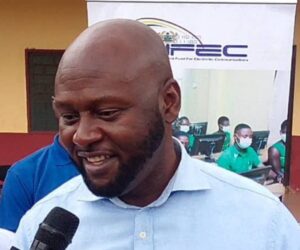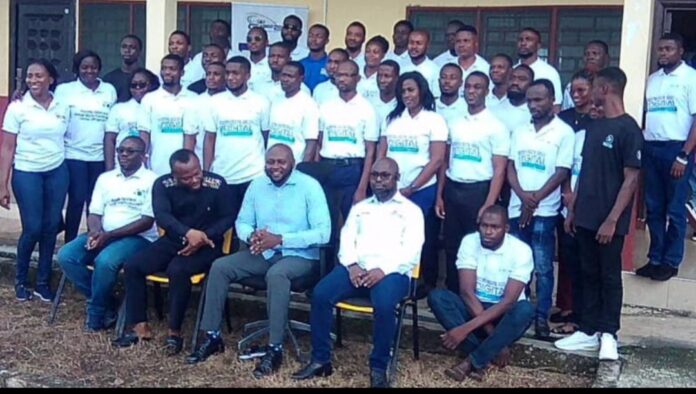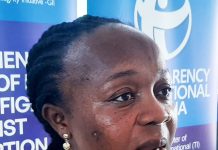The Ghana Investment Fund for Electronic Communication (GIFEC) has climaxed the 5th Cohort of Training of the Trainers under the Digital Transformation Center (DTC) at the John Agyekum Kufuor ICT Center at Nkwantakese in the Kwabre North District.
The GIFEC is an agency of the Ministry of Communications and Digitalisation mandated by the Electronic Communications Act, 2008 (Act 775) to facilitate the expansion of ICT to the un-served and underserved communities in Ghana for socio-economic development.

Mr. Prince Ofosu Sefa, Administrator and Chief Executive Officer (CEO), at the occasion indicated that, to expand efforts to more citizens, the GIFEC, together with its partners, International Telecommunications Union (ITU), Norwegian Agency for Development Cooperation (NORAD) and CISCO, has introduced the Digital Transformation Centers (DTC) Programme, which forms part of a broader goal of building an inclusive digital society.
According to him, the programme had a lifespan of three years, from 2021 to 2023, and formed part of a broader goal of building an inclusive digital society, where lack of digital skills should not be a barrier to participation in the digital economy.
He stated that, it aims at building a digitally literate citizenry to boost their ICT capabilities to enable them participate meaningfully in the knowledgeable society of today.
Mr. Sefa noted that, the programme involved training of beneficiaries spanning persons in the formal and informal sectors, students, teacher training for women and girls, youth and the marginalised in communities such as head porters, school dropouts and school leavers in CISCO certified courses.
He disclosed that, the programme was also designed to develop digital skills, mainly at the basic and intermediate levels, particularly underserved communities and features courses like introduction to cyber security, essentials, Introduction to IOT, Python C++ and Entrepreneurship which they term as the DTC Training suite.
He indicated that, they had trained about 600 people across the 16 regions through the programme, with 30 already in seven regions and 14 new ones undergoing training.









